In the last couple of weeks, Amazon changed their advertising dashboard, opening it up to any author – regardless of how they’re published – making the whole goal of promoting a book on Amazon even easier. You can now access the Amazon ads dashboard from our Author Central account – which every author has access to! But what does it mean for the industry and for authors seeking to plug some money into Amazon ads to gain more exposure for their book? Let’s dig in.
Anyone Can Get Their Book onto Amazon, But Not Everyone Can Get Found: How and Why This Matters
Previously authors with indie publishers, hybrid publishers or traditional publishers had no access to their Amazon Advertising dashboard, which created issues – namely searchability issues. Having little to no access to your book on Amazon meant you couldn’t update your keywords or, in some cases, update your book categories (though we’ve been able to work around this!). This created issues for authors who were forced to turn the upload of their book into the Amazon ecosystem over to their publisher, which often creates problems of exposure into the right book categories and coming up in searches. Having access to Amazon ads for the purposes of promoting your book on Amazon and gaining more visibility there, has solved this, but only up to a point.
Is This Another Blow to Traditional or Hybrid Publishers?
I don’t think so. Not in the way that Kindle Unlimited was, or Amazon opening their publishing doors some years back. Authors being able to run their own ads to promote a book on Amazon doesn’t take away from many of the things a traditional publisher can do for a book. However, it does give the author the ability to explore Amazon ads for their book and, hopefully, gain more visibility.
The truth is, while I haven’t heard this first-hand – I think most books with traditional publishers aren’t advertised on Amazon. Not because the publisher doesn’t want the book to sell copies, but Amazon advertising is complex and requires time, lots of attention, and did I mention time?
With lots and lots of titles releasing in a season, it would be a full-time job (and then some) to manage the ads dashboard for each and every author they publish, so opening this up to authors is smart.
The Downside of Using Ads for Promoting a Book on Amazon
Well, firstly, Amazon ads are complex. I love them, but only because I do them all the time – nearly every single one of the authors who works with us gets an Amazon advertisement campaign, so I have tons of experience. Not all Amazon ad sets are created equal and keyword amounts vary depending on the type of book/genre.
The biggest issue with promoting your book on Amazon is that now a lot more authors will be running Amazon ads, but many won’t be running them well. Meaning that the ads won’t show up in the right places, or not at all.
Don’t Teach Amazon Bad Stuff
One of the biggest bonuses to Amazon ads is their ability to co-optimize your book on Amazon. By co-optimize what I mean is that if you’ve done all the appropriate keyword research and categories to optimize your book, Amazon ads can help give your book an additional organic lift. You may be thinking, “but ads aren’t organic” – and that’s absolutely true. But there is an organic element to Amazon ads, meaning the keywords you select for your ads, become part of your overall optimization. I’ve explored this with numerous books, doing ads the right way can help your visibility with both paid, and organic visibility.
The downside of this is if you use keywords that you “think” are correct, but really aren’t – you can, inadvertently, miss rank your book. Here’s an example of what happens when you pick keywords that aren’t aligned with your book:
Let’s say you have a science-fiction book, and you think it’s a straight, hard science fiction so you categorize it there. Your ads are getting lots of clicks, but no buys. When in fact your book is light sci-fi – and there’s a big difference, especially with genre fiction readers. So what happens is lots of traffic gets sent to your book, few, if any, readers buy it – which impacts your overall relevancy score on Amazon, so the algorithm “shows” your book less, making it harder to rank and, consequently, your ads start costing more. We’ll talk more about relevancy score later on in this post.
Benefits of Amazon Advertising
Earlier I talked about the “organic” piece of the paid ads, but there’s also the element that benefits pre-orders or newly released books, because Amazon ads can help Amazon “learn” your book faster. Let me explain.
When you first load your book up onto the Amazon website (whether you do a pre-order or your book goes live immediately), the Amazon search engine begins to “spider” your book to decide where it belongs. Yes, you may have added keywords and categories, but Amazon still needs to spend time getting to know where your book belongs in their eco system. This is where promoting your book with Amazon ads come in.
Amazon ads, done early – either two weeks prior to launch date for a pre-order or starting on launch date if your book doesn’t have a pre-order – can really help the Amazon system know where to categorize your book, which helps you get in front of the right readers, which helps you get more of the right visibility for your book straight out of the gate.
Don’t get me wrong, the Amazon system is smart and can quickly rank books into the right markets, but it’s been my experience that this doesn’t always happen. Sometimes Amazon gets the wrong cues from your book, or something else happens and all of a sudden you find your cookbook showing up under YA or something. Yikes! The sooner you can ‘teach’ Amazon where your book belongs, the quicker the system can start serving it up as a recommendation to readers, and the sooner you can start selling books!
Do Amazon Ads Have to Make Money?
I realize this question is a slippery slope, so the answer is yes and no.
Ads, of any sort, are exposure – and hopefully exposure into your correct reader market. But ads, in an of themselves may not always be profitable. Sometimes you break even but find that you’re still selling books.
Let’s consider an ad in the New York Times. You pay for an ad, you eagerly anticipate the run of the ad and when it hits you wait, and wait, and wait. Did the ad sell lots of books? Maybe, but maybe not. If your ad in the New York Times is the only thing you’re doing to market your book, I’m betting you didn’t sell a single book. Is that because an ad in the NY Times is a waste of money? No. But ads of any type need a supporting cast. And much like anything in book marketing, no one single thing sells books.
So if you’re running ads on Amazon and you’re selling books but the ads aren’t showing an exact correlation of sales or page reads, here’s what’s maybe happening.
- A reader sees your ad and thinks: “That book looks interesting.” But doesn’t click it and keeps moving through the list of Amazon recommendations.
- The next day that same reader sees your book in an eBook promotion or Goodreads promo, or maybe the reader spots an article in their local newspaper.
- The day after that the reader sees the ad again and doesn’t click immediately but thinks “I should really get that book.”
- Two days later the reader searches Amazon for your book and buys it.
Do you see what I mean? Sometimes it takes four impressions, but most times it takes more exposures to your book before a reader decides to buy. Ads, in an of themselves may not sell you a gazillion books, but they are a key cast member – they are supported by *other* marketing you are doing to promote your book. Running ads, just to run ads is not a marketing plan and, unless you’re already showing up with a massive platform, probably won’t sell many books.
Let’s Get Started
If you’re ready to dig into promoting your book on Amazon with Amazon ads, start with one set – get your feet wet, get to know the Amazon ads dashboard and how your product categories or keyword ads are generating clicks. Keep an eye on your sales rank and sales both inside and outside of your Amazon ads – because as we discussed earlier, sales can come outside of ads.
One Final Note of Caution
If you’re running ads and getting lots of clicks, but no sales that’s a sign of a problem. You either have the wrong keywords, or something about your Amazon book page (or book cover) is off-putting to readers. I’ve seen authors do this with Facebook ads, where they send a lot of traffic to their Amazon book page with virtually no buys. This can impact your relevancy score – which is a “score” Amazon gives to all products on their platform, relevancy meaning how relevant was the keyword/category to the book they showed the reader.
Relevancy score isn’t something Amazon publicizes, but all search engines use this to determine if the search results they are serving up to consumers is what the buyer is actually looking for. If it’s not (meaning you’re sending a bunch of buyers to your book page and no one is buying) then Amazon will show your book less and less, because it’s not relevant to that particular search audience.
Much like how Google decides the “relevancy” of one website over another, you won’t know the particular relevancy score of your book page. But as I said if you’re running ads for a book that’s not selling, it’s time to pause your ads and figure out why. Fix it, and come back and re-run them, or look at the ads/keywords/categories you’re using. I mentioned the science fiction example earlier but there might be other reasons why your ads and book sales are not doing well.
This is something I’ve been waiting on for a long time, and I’m excited to see how this helps authors get more visibility when promoting a book on Amazon.
Good luck!
Resources and Free Downloads
QUIZ: How Will This Amazon Ads Update Impact Author Marketing?
QUIZ: How to Turn Browsers into Buyers while Boosting Reader Engagement
Tuning Into Your Perfect Reader Market: Book Marketing Podcast Episode
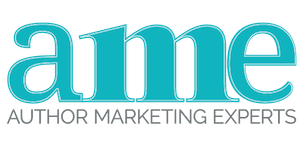
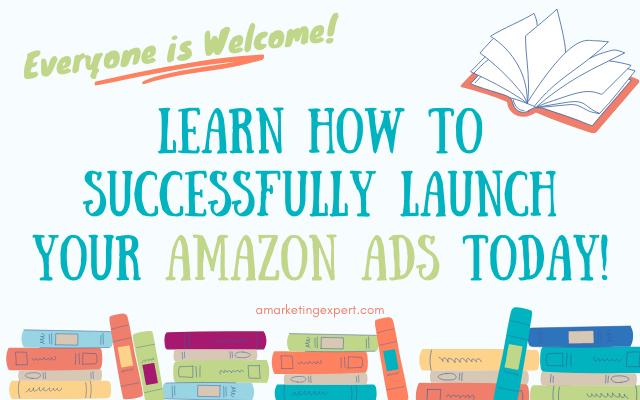
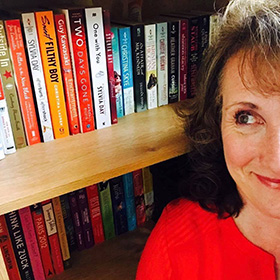
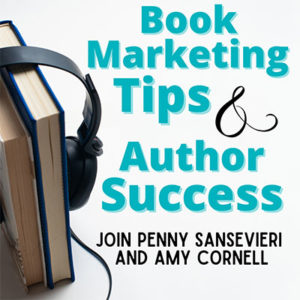
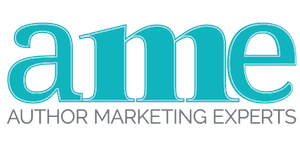
0 Comments